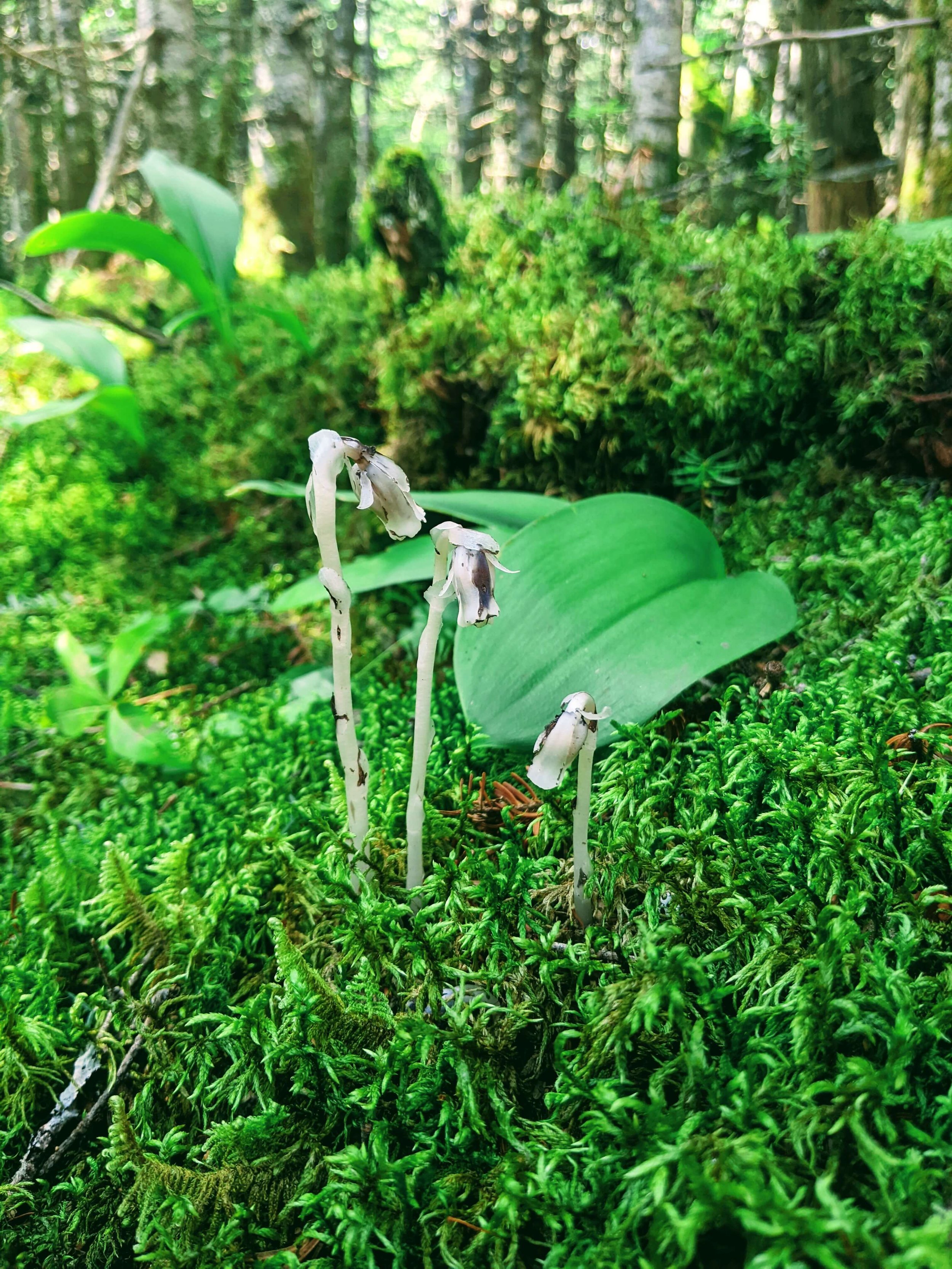
Pain is a Sign you’re Ready for More Choices
I have learned over time that these parts of myself, as much as I want to "release" them, aren't going to fully go away. They have served as necessary protections earlier in my life, and they strongly know how to do their job, even if their job is hurting more than helping now.
And just like for most people, the more I try to push them away, the louder they get.
How can you learn to have agency with your symptoms and internal blocks/parts, without pushing them away or avoiding them?
And more importantly, what is the energy or embodied state you want to feel more of?

Your Symptoms Leave with an Irish Goodbye
This brings me back to my point #3 again: that your symptoms are shy to leave, and they will leave with and Irish goodbye. Meaning that when you start paying attention to what helps you feel safe, inspired, what makes you feel alive, what gives you a sense of purpose....over time, your symptoms will get quieter. But if you are all over them, watching and managing them all the time, they won't have an opportunity to slip out on their own.
This can feel like a tall order when you are intense pain. So if your symptoms are intense, then I encourage you to bring your attention to something that reminds you of feeling free and safe, and then see if you can allow in just a tiny bit of indifference to your symptoms, even if it's just a fraction.
Start small, and meet yourself where you are.

The Nervous System’s Role in Chronic Pain
Think about the effect of acute emotional and stress responses on the body...
Your face really does turn red when you are embarrassed.
Water does indeed come out of your face when you are sad.
You really do get a headache after a stressful day.
You get a very palpable stomachache before giving a public speech.
These are commonly accepted universal experiences that we all have, because we are humans and we have nervous systems. It becomes less commonly accepted that chronic health conditions could possibly be related to chronic emotional distress.

Grief, Shame, and Chronic Pain
In the words of Francis Weller, a wise elder, psychotherapist and expert in the rites of grief:
You cannot grieve for what you have contempt for, or what you don't see as worthy.
This is why an immensity of grief often floods through when you start to know, claim, and embody your sense of inherent worthiness and self-dignity, perhaps for the first time.

Complex Trauma and Chronic Pain
I see the complexity in three tiers when it comes to creating the ripe conditions to developing a chronic pain condition.
Stress in adulthood such as stressful/traumatic events or ongoing stress such as a high-stress job or raising a family that can sensitize the brain and nervous system.
Stressful events in childhood, adolescence, and/or young adulthood that led to a trauma response that the body held onto with a previous reference point of safety before the traumatic or stressful event(s).
Pre-verbal and attachment trauma in which the brain and nervous system learned how to orient/function/exist in a trauma state without a previous reference point of safety.

Signs that your Pain is Neuroplastic and NOT Purely Physical…
Pain originates during a stressful time.
Stress puts the brain on high alert and can trigger pain.
Pain originated without an injury.
Pain with no injury is a strong sign that pain is neuroplastic.
If there was an initial injury, but the pain persists after the injury has healed, it doesn’t make sense to still have structural pain.
Symptoms are inconsistent.
Structurally caused pain does not have significant variations such as...

The Essential Shift to Reduce Chronic Pain
When you recognize that pain is so much more than just a simple cause and effect process between the physical body and the pain experience, and that your nervous system and brain are highly involved, you can start to cultivate a more conscious and collaborative relationship by reducing the fear, worry, and frustration around your symptoms, and begin to gain insight into what is rooted underneath them.

Life without Chronic Pain is Life with _______?
Fill in the blank.
Instead of trying to imagine your life, or a day of your life WITHOUT pain, what kind of presence would you want to experience?

Deep Listening
First of all, I just want to support you to know that it's okay to be right where you are, as imperfect as you are, as hard as life can be. When something just continues to be hard, there's something to pay attention to. There's likely something that is deeper and more profound than your rational mind can understand.
I encourage you to keep listening. Keep showing up to whatever your process is, and just noticing what's here. So you feel so depressed that you don't want to get out of bed today? Okay, how can you meet yourself right where you are? In bed, needing rest.
What is trying to emerge?









